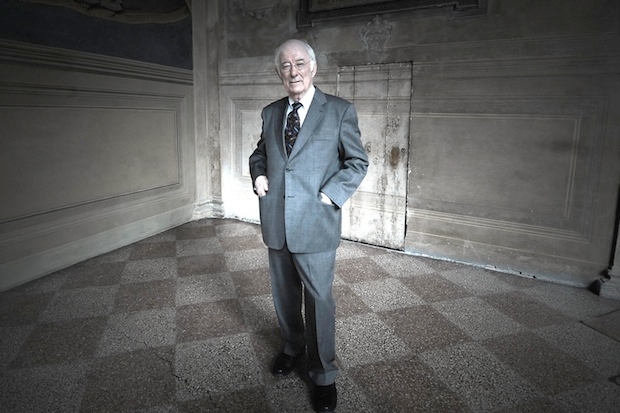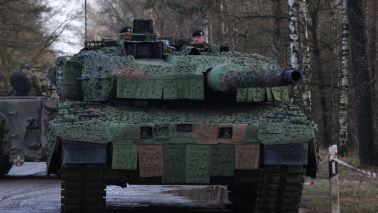The one and only time I met Seamus Heaney, in 2007, he was making tea in the kitchen of his Dublin home when he asked — more modestly regretful than coy — ‘Did you have to do the poems at school?’
I grew up in Belfast, and certainly we had to do the poems at school. Even in the early 1980s, in a disputatious city that was frequently contemptuous of life but rarely of poetry, it was Heaney whose reputation already seemed cast in bronze. His lines on Northern Ireland defined us internationally, like it or not: it was clear that we had somehow grown someone big, a poetic prize -marrow.
At that time, my flicker of vicarious pride was mixed with a sense of being informally exiled from the celebration. Heaney was a Catholic, nationalist poet, raised on a farm in Mossbawn, County Derry. I was a teenager in a Protestant, unionist family outside Belfast. Our vision of politics softly jarred as often as it overlapped. And the complexity of the Troubles — a dark time at once suffocating, toxic and blazingly alive — was simplified the further it travelled away from us, boiled down to digestible stereotypes.
I was aware that in fashionable English metropolitan circles there were few groupings held to be more inherently ghastly than the Ulster Unionists, whose insistence on Britishness somehow disqualified us from membership of the club. We were broadly caricatured as bigots and bores, huddled under the bawling megaphone of Paisley (in those years a minority leader within unionism). When I met a certain type of Englishman or woman, it became clear that not only were they convinced of this view, but unwilling to change it. After the interested party ferreted out my religion, I would often be earnestly asked if I actually knew or talked to any Catholic people at all.








Comments
Join the debate for just £1 a month
Be part of the conversation with other Spectator readers by getting your first three months for £3.
UNLOCK ACCESS Just £1 a monthAlready a subscriber? Log in